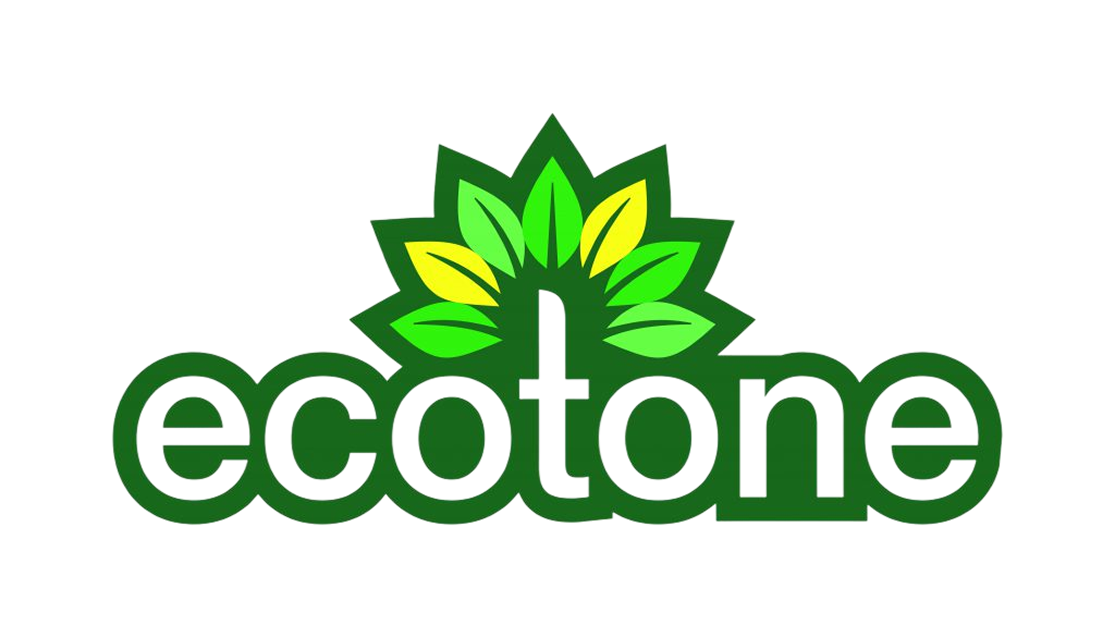A leader in sustainable food production
Ecotone, a leading European food company, specializes in organic, plant-based products. They promote biodiversity through organic farming that avoids chemicals and by fighting food standardization with the use of a rich variety of less common crops.
Quantifying impact of sustainable farming practices
Ecotone was looking to further advance the impact measuring of their advanced agro-ecological practices, needing to evaluate factors such as soil health, biodiversity and water management.
They needed a reliable system to track their impact over time and also to show if their organic farming practises were actually outperforming conventional ones. Beyond continuous data, they wanted to get insights to guide smarter decision-making.
Perhaps most importantly, Ecotone needed simple, relatable information that farmers, suppliers, customers, investors and decision-makers could all understand.
Leveraging AI and remote sensing to slash the cost and time required to measure natural capital
Ecotone faced a challenge in assessing the environmental impact of their agricultural supply chain, needing to evaluate factors such as soil health, biodiversity and water management.
They needed a reliable system to track their impact over time and also to show if their organic farming practises were actually outperforming conventional ones. Beyond continuous data, they wanted to get insights to guide smarter decision-making.
Perhaps most importantly, Ecotone needed simple, relatable information that farmers, suppliers, customers, investors and decision-makers could all understand.
Clear understanding of impact of sustainable farming practices
Through this pilot, The Landbanking Group delivered comprehensive insights into Ecotone's supply chain sustainability. Our advanced analytics measured critical environmental indicators - including biodiversity levels, carbon sequestration, and water management - across their initial supplier group. By analyzing both historical trends and current data, we enabled Ecotone to track their ecological impact with unprecedented precision.
The success of this initial phase has demonstrated the tremendous potential for scaling. Our solution can be readily expanded to assess and monitor Ecotone's entire supplier network, providing a complete picture of their environmental impact.
A key breakthrough was the ability to transform complex environmental data into clear insights for effective stakeholder communication.

Building the foundation for a broader natural capital strategy
This pioneering collaboration has established a robust framework for future growth. As we continue to expand our partnership, we'll explore additional environmental indicators and innovative ways to integrate natural capital valuation into Ecotone's financial reporting. This holistic approach will drive both ecological preservation and business value throughout their supply chain.
Ecotone’s journey
Ecotone took the following steps to quantify its environmental impact and translate complex data into meaningful insights for customers.
Step 1: Assessing Natural Capital
With Landler, Ecotone assessed key ecological indicators across selected parts of its supply chain, such as soil health, carbon storage, water retention, and biodiversity, both historically and currently. This provided a baseline understanding of the environmental state of its operations.
Step 2: Monitoring Ecological Progress
We tracked how key indicators evolved over time, identifying measurable improvements and enabling comparison of results.
Step 3: Translating Insights into Actionable Messaging
Rather than focusing solely on complex data, we helped frame findings in a way that resonates with stakeholders, from farmers to consumers, ensuring clear and effective communication.
Step 4: Driving Long-Term Regeneration and Engagement
By consistently tracking and communicating impact, Ecotone reinforces its commitment to environmental responsibility, building trust and long-term value for both the environment and its customers.




